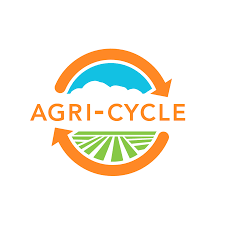Waste
Limiting Waste
One aspect of sustainability involves limiting waste and getting the most out of precious resources. This includes Dining Service’s commitment to reduce, re-use and recycle.
 |
Dining Service has taken steps to limit waste in a number of ways:
- We use a menu management software program to track production and usage of menu items so that we prepare no more than we expect to use.
- If there is overproduction, we provide regular deliveries that supply the nearby Mid-Coast Hunger Prevention Program, a local food pantry and soup kitchen.
- Communicating with students about food waste issues and offering tray-optional dining giving them options to change behavior.
- Pre- and post-consumer waste is collected for compost by Agri-Cycle
- The waste from many of our catering events, including the opening lobster bake (1,800 meals) is completely compostable
- We use single-stream recycling for paper, paperboard, aluminum, glass and plastic.
- Dining Service provides incentives for use of reusable mugs at The Cafe.
- 100% of the take-out packaging in our retail operations in compostable.
- Bottled water, as a beverage option, has been removed from our bagged lunch program and replaced with a hydration station.
- A centralized bakeshop and meat shop reduce the need for plastic packaging.
- Cross-utilization of menu items maximizes usage.
- Our organic garden manager works in conjunction with our chefs to plan for optimal growing needs.